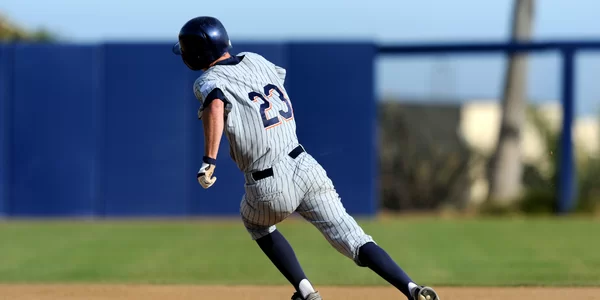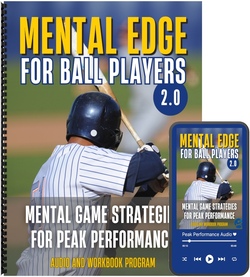What Makes a “Clutch” Performer in Big Games?
How are some athletes able to perform well in critical moments or big games despite extreme pressure?
Most athletes understand what it means to be a clutch player, but do not know how to develop the characteristic of being a clutch performer when it counts in a game.
Jon Lester, pitcher for the Boston Red Sox, is a “clutch” player.
Lester rises to meet challenges during critical games. Lester has won two games in this World Series allowing one run in 15 1/3 innings. In game 5 of the World Series, with the series tied 2-2, Lester held the St. Louis Cardinals to four hits and one run over 7 2/3 innings earning a victory that put Boston one win short of the championship.
Lester is just the fifth pitcher ever to give up one run or less in his first three World Series starts. Lester is 3-0 with an 0.43 ERA in his career World Series appearances. Lester has been very impressive in his five starts in this year’s playoffs with a 4-1 record, a 1.56 ERA, eight walks and 29 strikeouts.
Lester acknowledged feeling the pressure of the World Series, but chooses to focus on playing his game.
“It doesn’t matter how many games at this stage you play, your nerves are going, your heart rate is going. It’s just a matter of, once you kind of settle in, realizing it’s baseball.”
The last two words are quite perceptive… “it’s baseball.”
Meaning it’s just a game and not life or death.
In baseball, players will find several constants: the distance from the pitcher’s rubber to home plate is 60 feet 6 inches, there are nine innings in a regulation game with three outs per half inning and the distance between bases is 90 feet.
When a baseball player focuses on the known, the constants including his routines, they feel more in control of their performance. They insulate themselves from anxiety, which helps them to focus on just playing the game of baseball.
Being clutch requires consistency in preparation, a strong mindset, and a positive approach to games.
Even though Lester realizes the significance of the playoffs, he knows it is the same game he has been playing all season.
“Pretty special time… We’ve just got to go out and keep playing baseball the way we’ve been doing it all year.”
You want to “act like you have been here before” in order to be clutch in pressure situations.
In the playoffs, you should understand that the game is the same game you play all year long with the same constants.
You will perform well in clutch moments when you remain focused on your skills, abilities, and your approach to the game.
When you focus on what you can do, you minimize anxiety about outcomes and free up your energies to perform in the moment—one pitch at a time.
If you want to be a clutch performer in big games and critical moments, your mental approach to the game must be consistent and developed throughout the season during practices and games.
Check Out Our Baseball Mental Game Programs
Related Sports Psychology Articles
- Top Strategy for Staying Focused While Pitching
- The Psychology Of Honing Your Pitching Craft
- How To Improve Your Pitching Focus
*Subscribe to The Sports Psychology Podcast on iTunes
*Subscribe to The Sports Psychology Podcast on Spotify
Get The Mental Edge for Baseball and Softball
If you have trouble taking your practice game to competition and under perform in games, your mental game might be the culprit! Baseball and softball players contact me everyday wanting to know why they become scared, anxious, afraid to make mistakes, and lack trust in their skills during games…
You might have a ton of physical talent and perform great in practice, but if you can’t get the job done when it counts, something is missing and the problem is an inferior mental game–not talent or motivation.
We’ve spent the last six months developing a program to teach you how to improve your mental game in 8 easy-to-apply lessons–the same TOP lessons that I teach to baseball and softball players everyday in my one-on-one mental coaching program!


